Graviwater
Trouver des alternatives contre le stress hydrique
Le leitmotiv de Kevin Ghedini ? Que tous aient accès à une eau de qualité propre à la consommation. Une activité de bureau d’études et de fabrication qui le conduit de l’arrière-pays niçois à l’Afrique.

Explication du fonctionnement des pompes aux employés de l'usine Kara au Togo.

Usine de production d'eau potable conçue, fournie et mise en service par Graviwater au Rwanda.

© Fred Lefeuvre
An export salesman initially for pumping solutions, drinking wa-ter treatment, and wastewater treatment in ten African coun-tries, Kevin Ghedini developed a solution for a client in 2013 that enables water treatment using gravity alone, without electricity. “This technology has enabled 700,000 people in Rwanda to have potable water. So as not to lose sight of its origin, I named my company Graviwater”, explains the chief engineer, now offering his services to all water stakeholders, network operators, local authorities, non-governmental organisations, water parks, and swimming pool operators. His clients on the Côte d’Azur include: Veolia, Suez, the
Communauté d’Agglomération de la Riviera Française and the Régie Eau d’Azur, which supplies 51 communes in the Nice Côte d’Azur metropolitan area. “People don’t realise how much needs doing to get water from the tap. A good leak rate is around 20%, what with joint leaks and dripping. Although everything is going well in Nice, we need to renew the water network to have a good volume in the hinterland,” adds the 36-year-old entrepreneur, who has a design office with expertise in pipes, tubes, and fittings. “More than a thousand people per day in
the Provence-Alpes Côte d’Azur region are subject to water restrictions because the springs are at altitude and subject to bacteriological contamination due to passing herds and wild animals. There are areas with no mains electricity supply, so that’s where we’re going to set up. We have installed 200 to 300 disinfection units in mountain communities such as Breil-sur-Roya, Saint Dalmas de Tende, as well as in the Basque Country and Haute-Savoie, without adding external energy,” explains Kevin Ghedini.
“Average daily water consumption
in France is 150 litres per person.”
Graviwater is present in Togo, where it has installed water treatment plants and Gravikits in Burundi. “This system is particularly well suited to areas far from towns and villages,” continues this Africanophile. Having received support from BPI France in the South of France initially, then the Initiative Nice Côte d’Azur financing and support programme, Graviwater is cur-rently working on installing some 30 systems in Burundi for use by 130,000 people, thanks to an International Volunteering in Business programme backed by Business France. “We had to fight hard to demonstrate our design office’s credibility in a water sector dominated by the French behemoths, but our strength is that we always go the extra mile in technical studies and detailed parts drawings,” adds the manager. Besides his Gravikit for fixed pipes, Kevin Ghedini invented a mobile disinfection unit named Graviclean.
L’avis du jury
« Graviwater s’inscrit dans la green tech en proposant des solutions de traitement des eaux usées. L’accès à l’eau étant une problématique territoriale et un enjeu majeur à l’échelle mondiale, l’entreprise réalise la majeure partie de ses activités à l’international. »
Graviwater
Localisation : Saint-Laurent-du-Var
Création : 2016
Activité : ingénierie et études techniques
Collaborateurs : 7 salariés
Capital social : 20 000 €






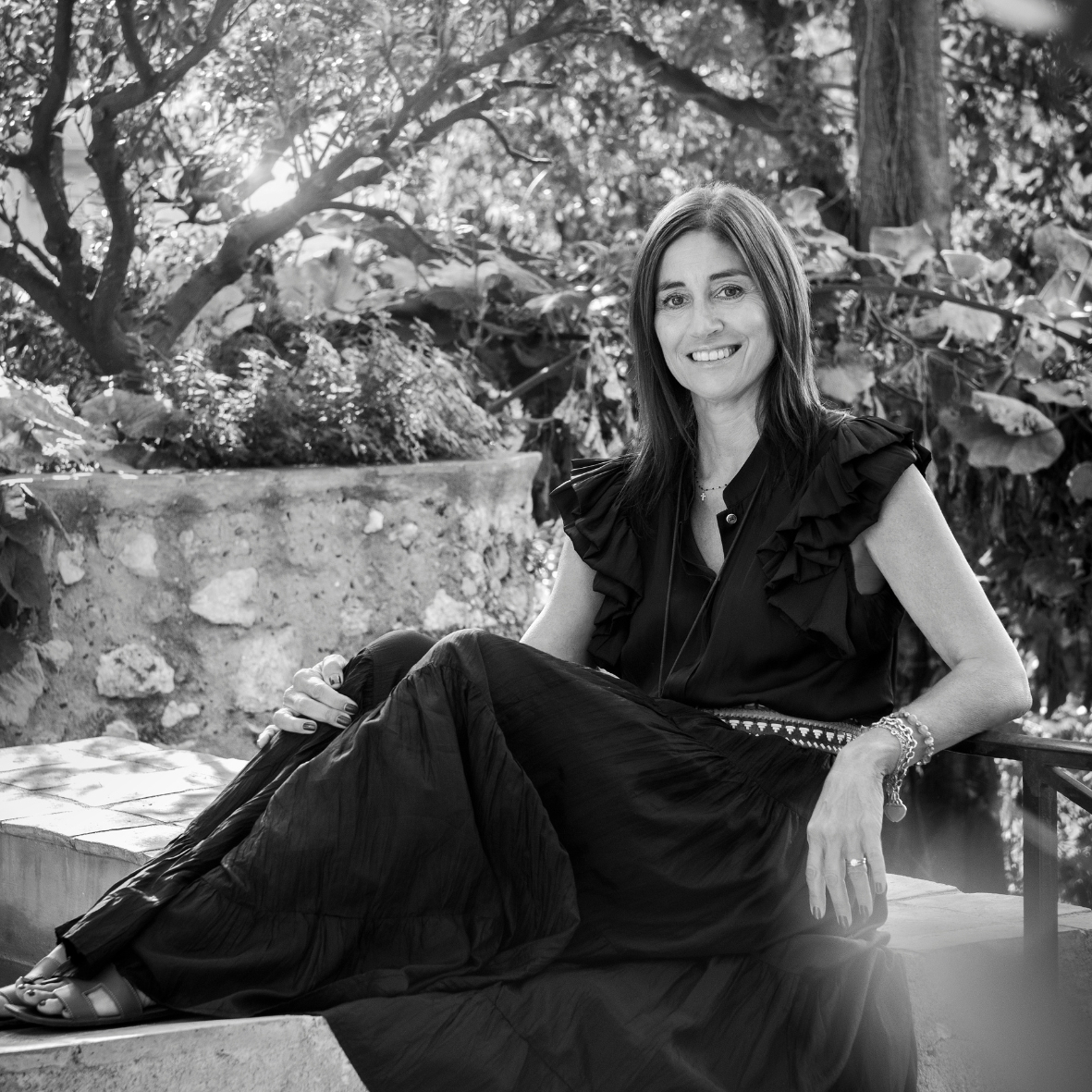
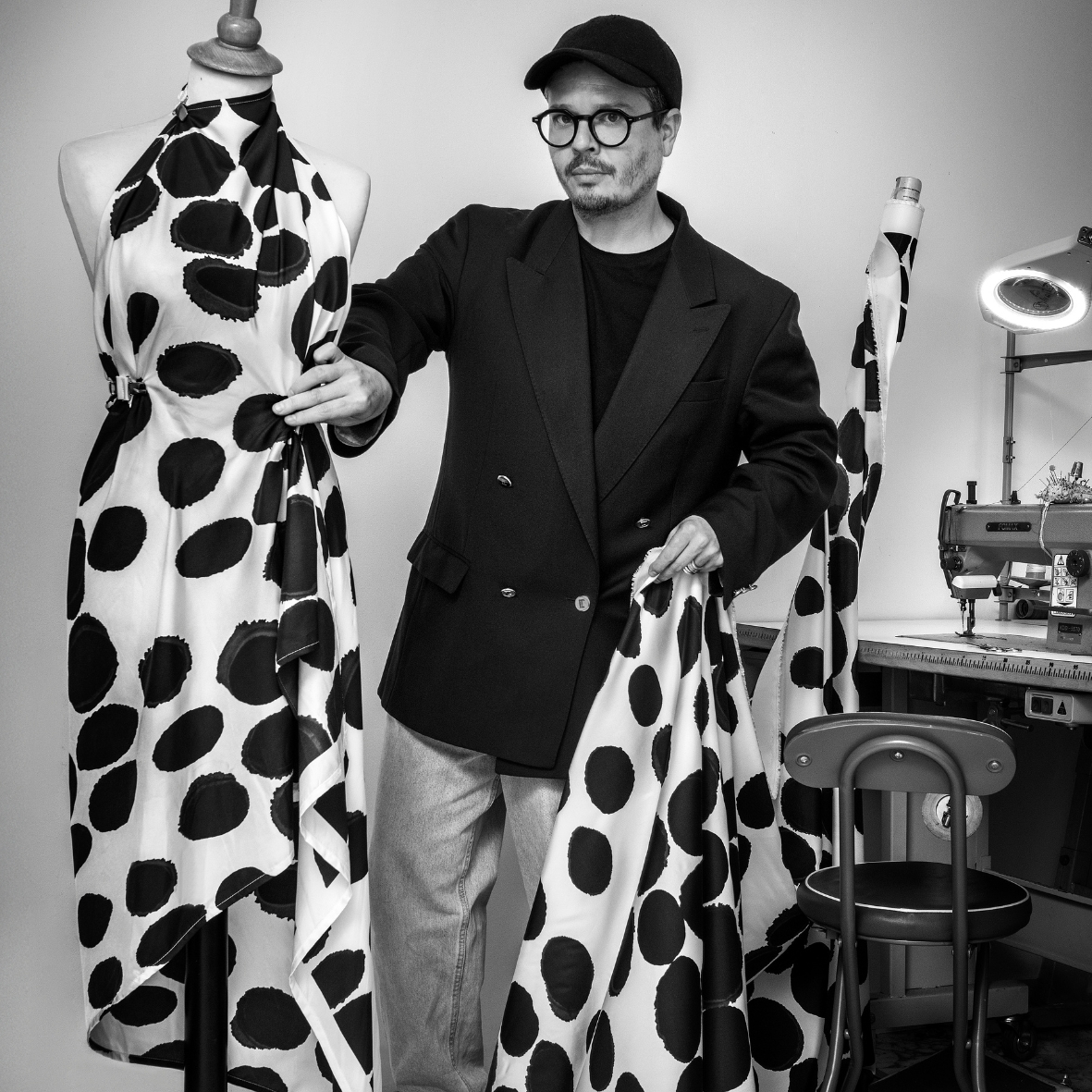

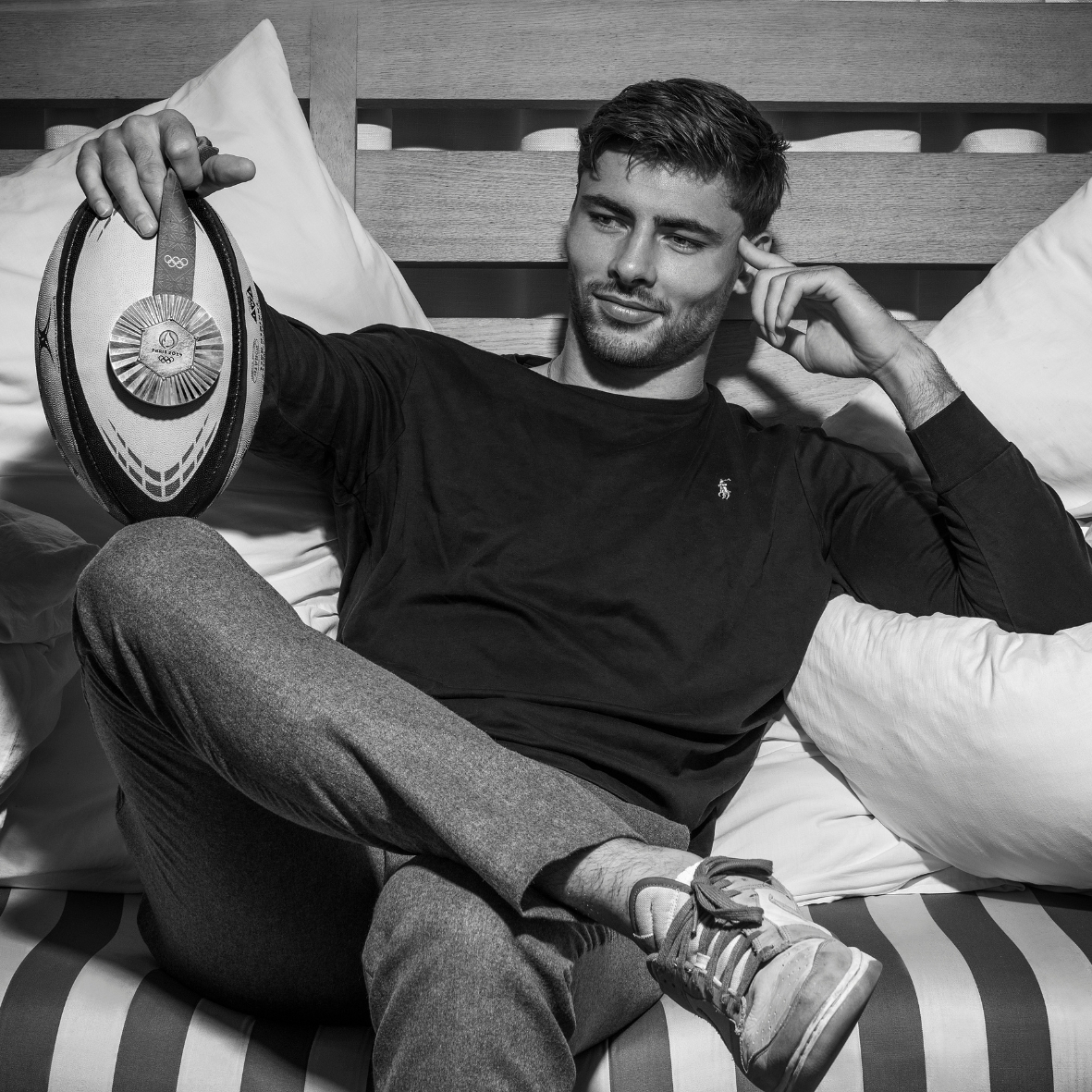
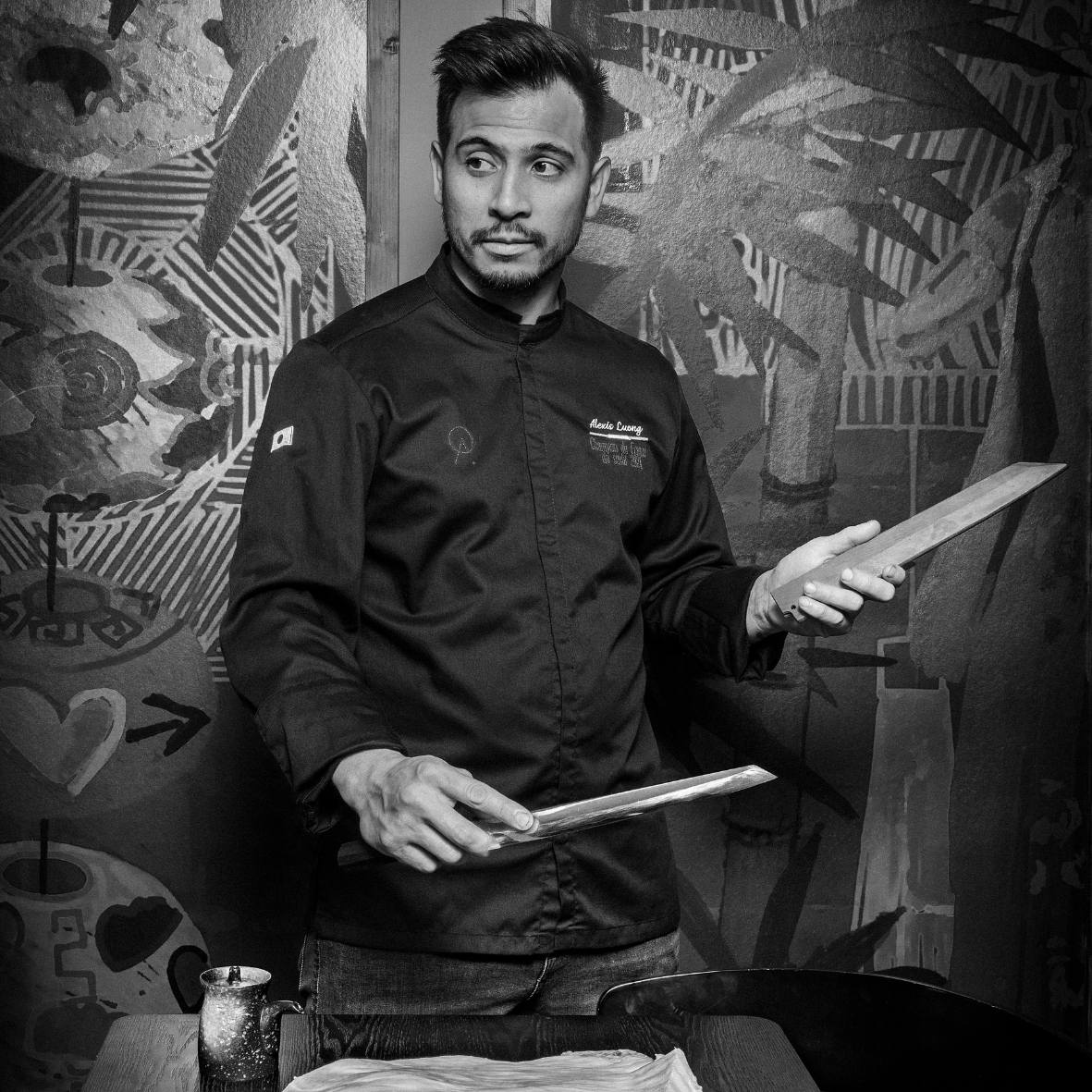

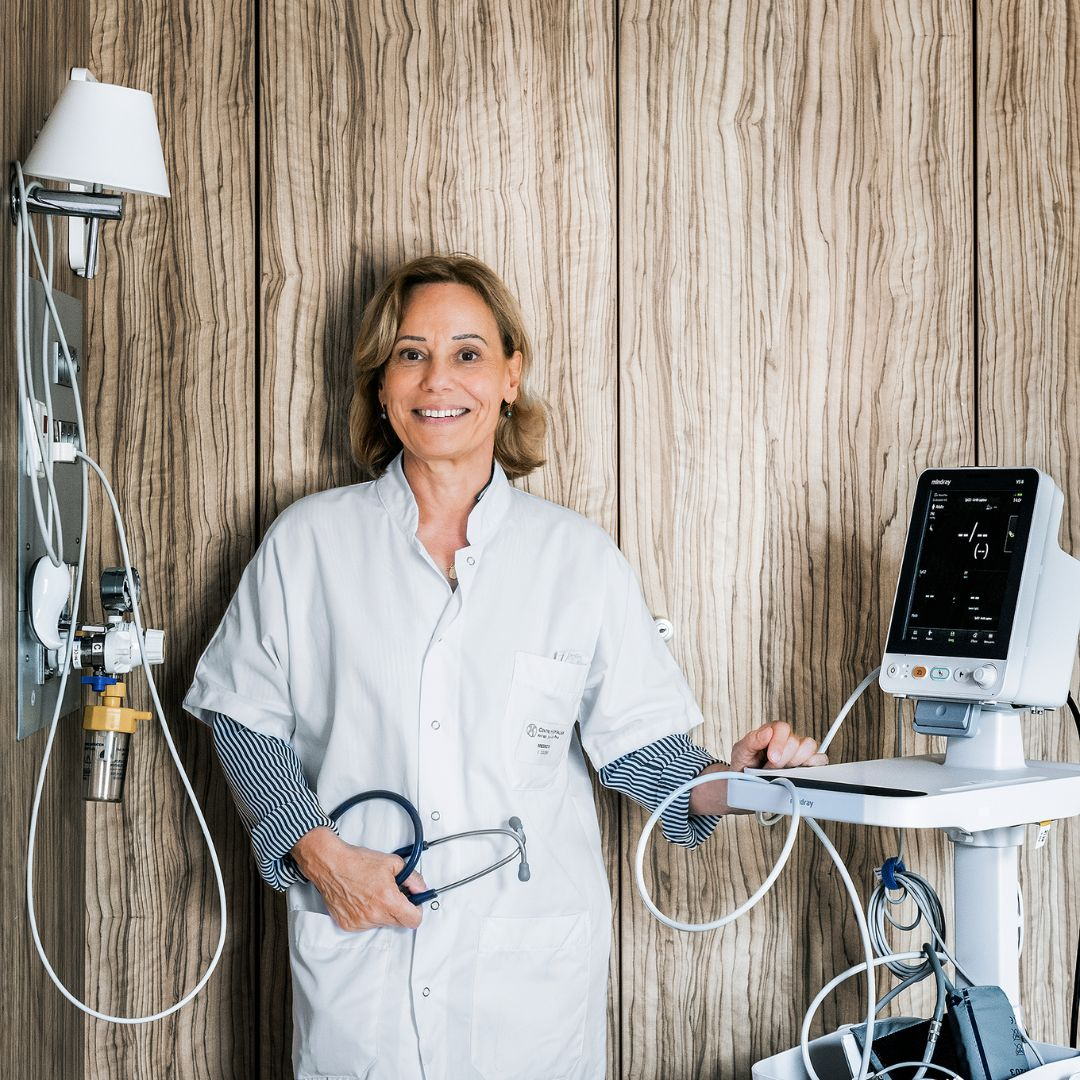
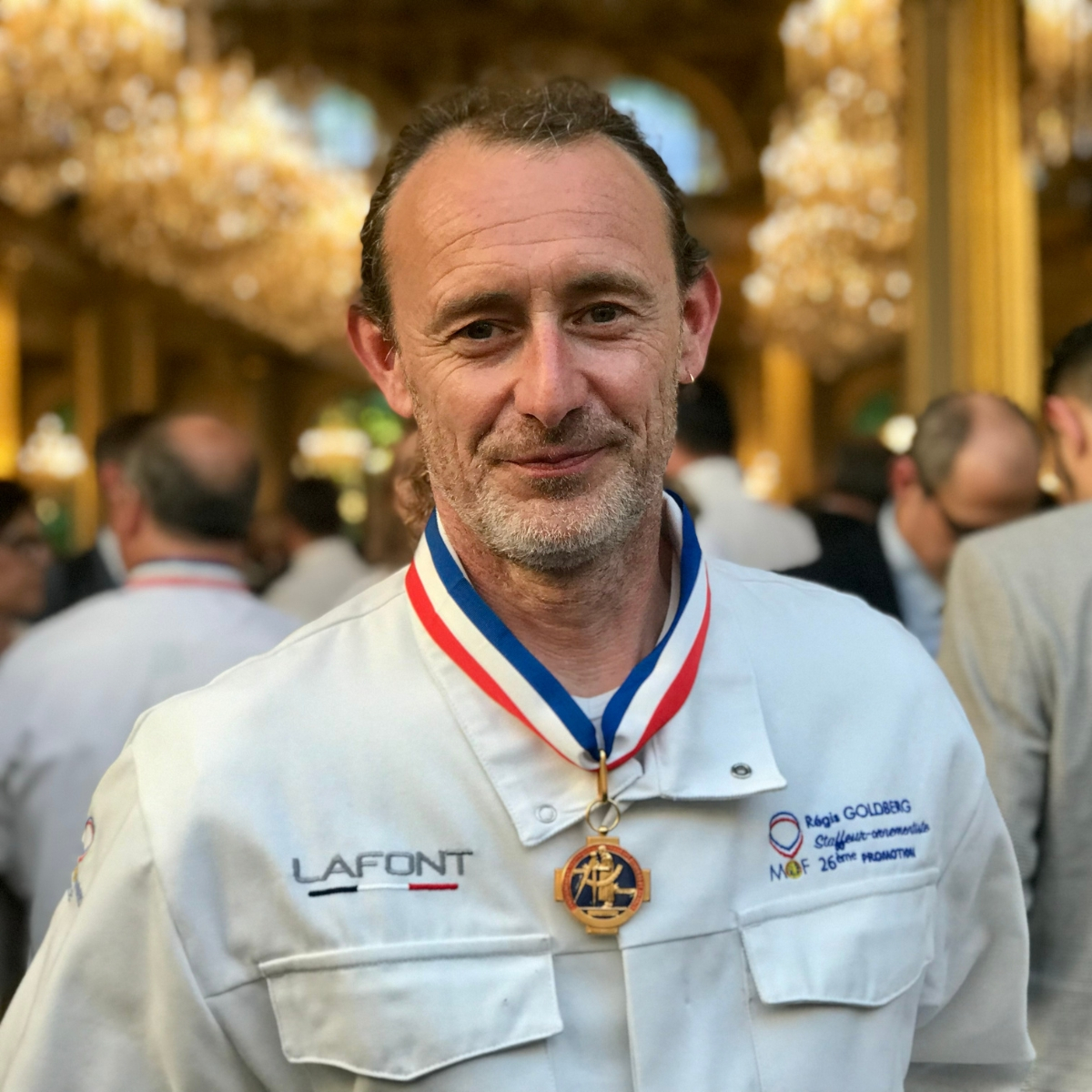


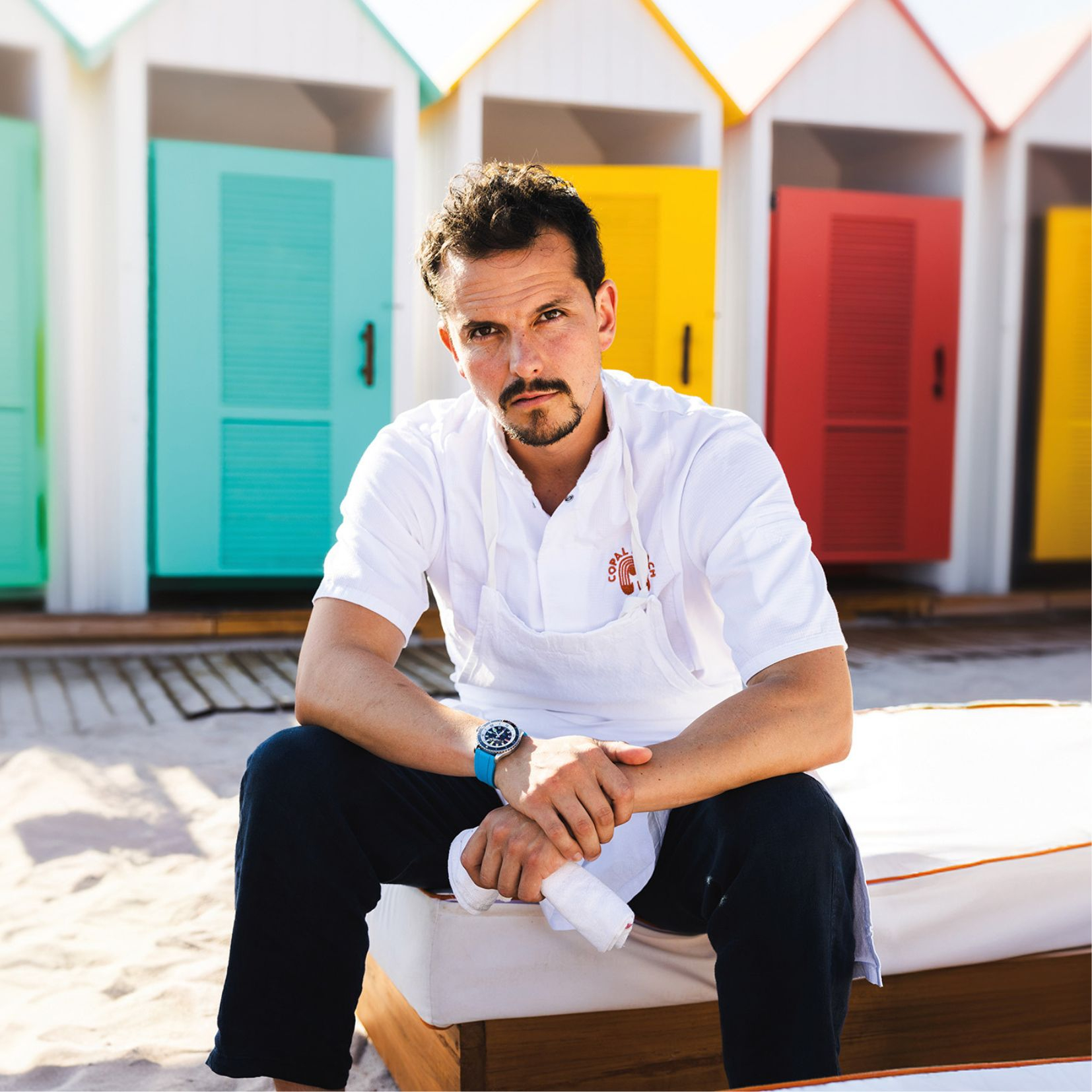
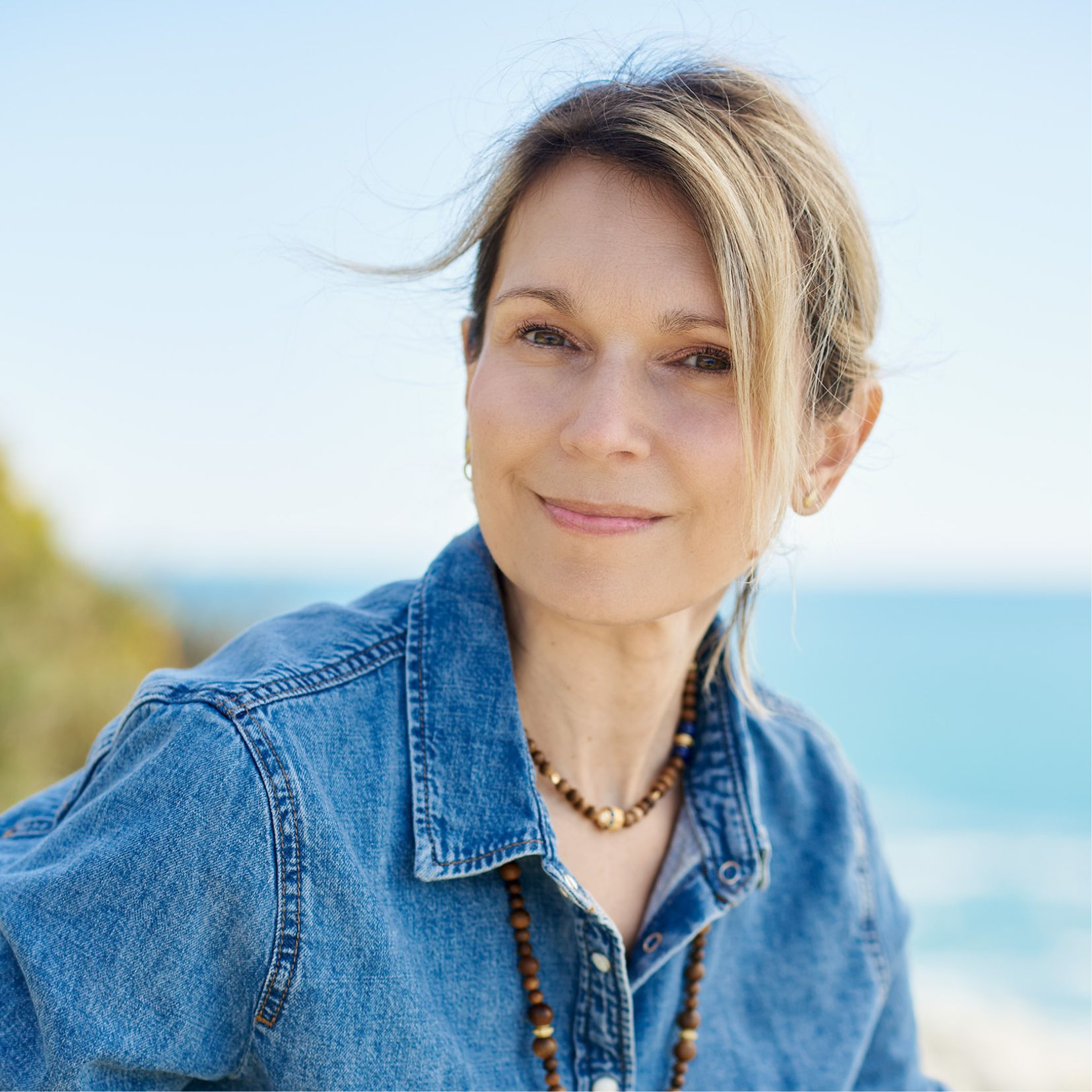








 Côteweb 2021, création de site Internet sur Nice
Côteweb 2021, création de site Internet sur Nice